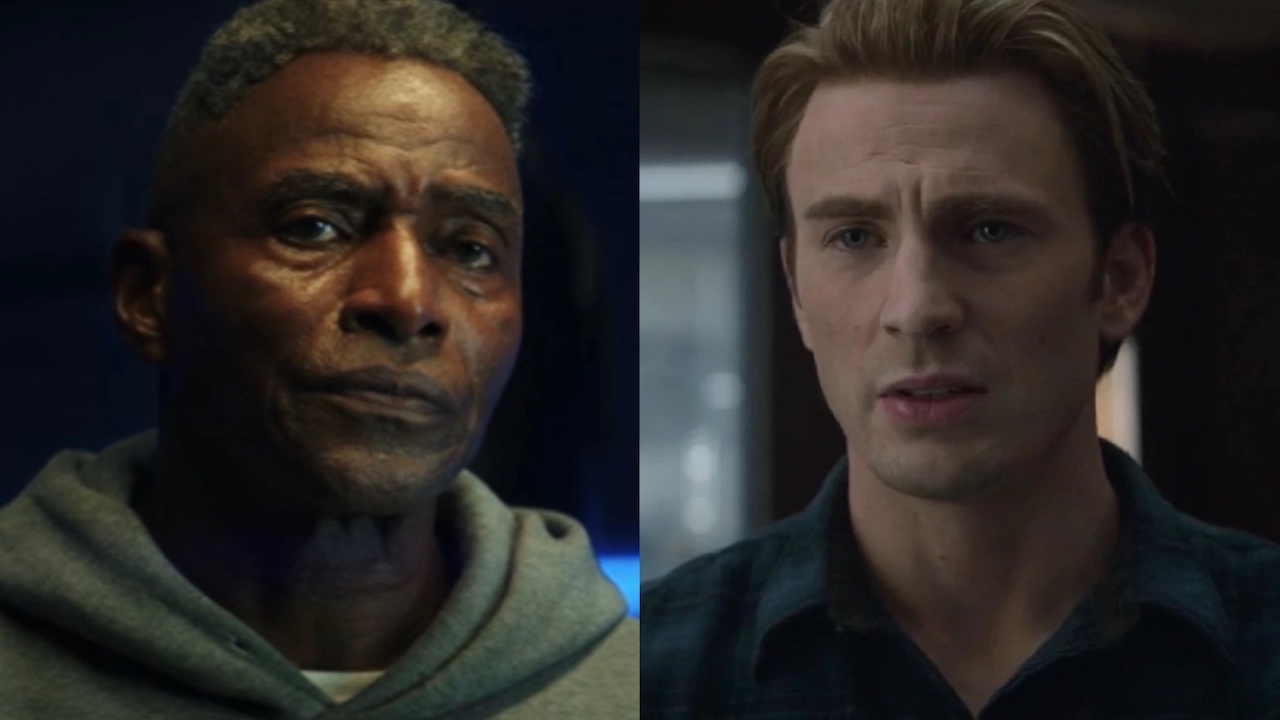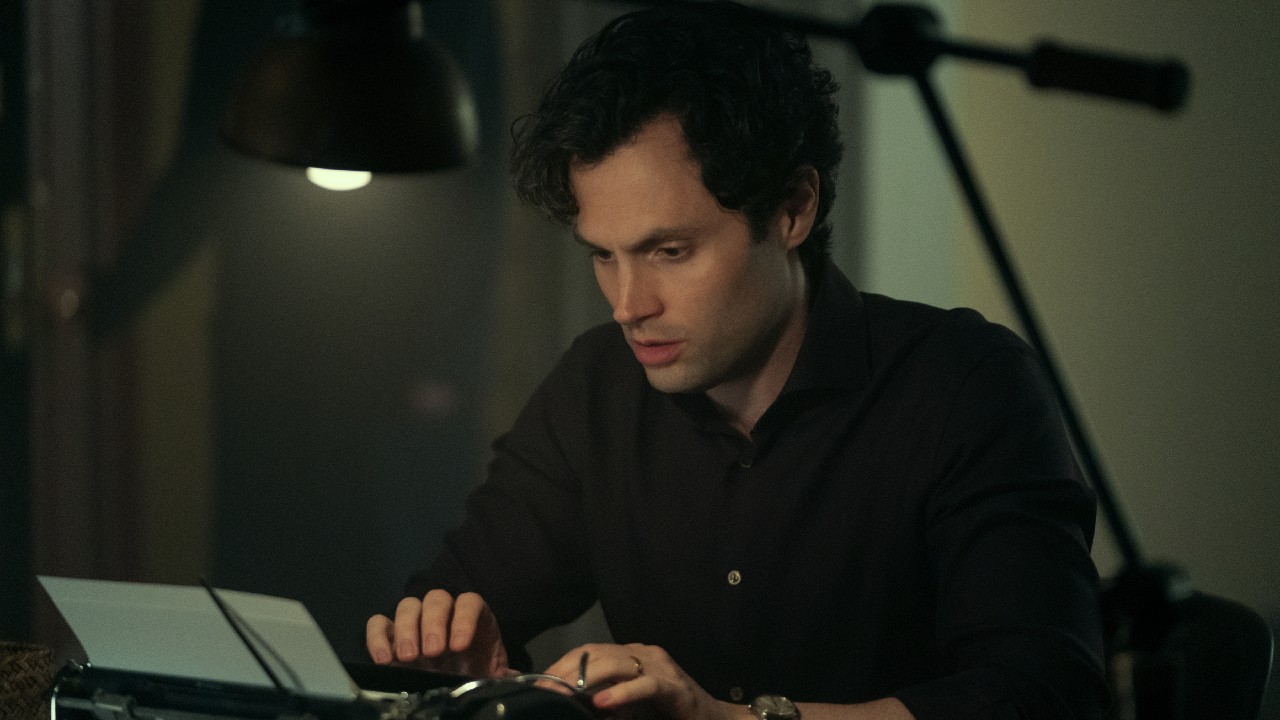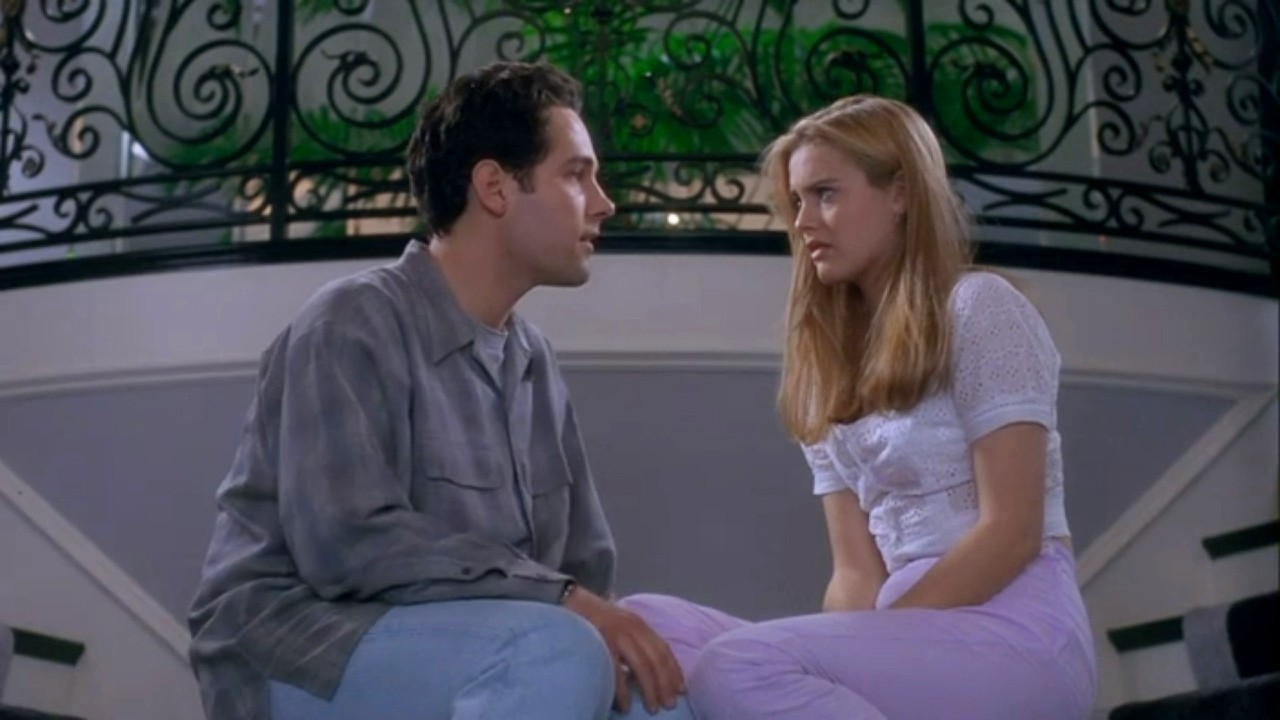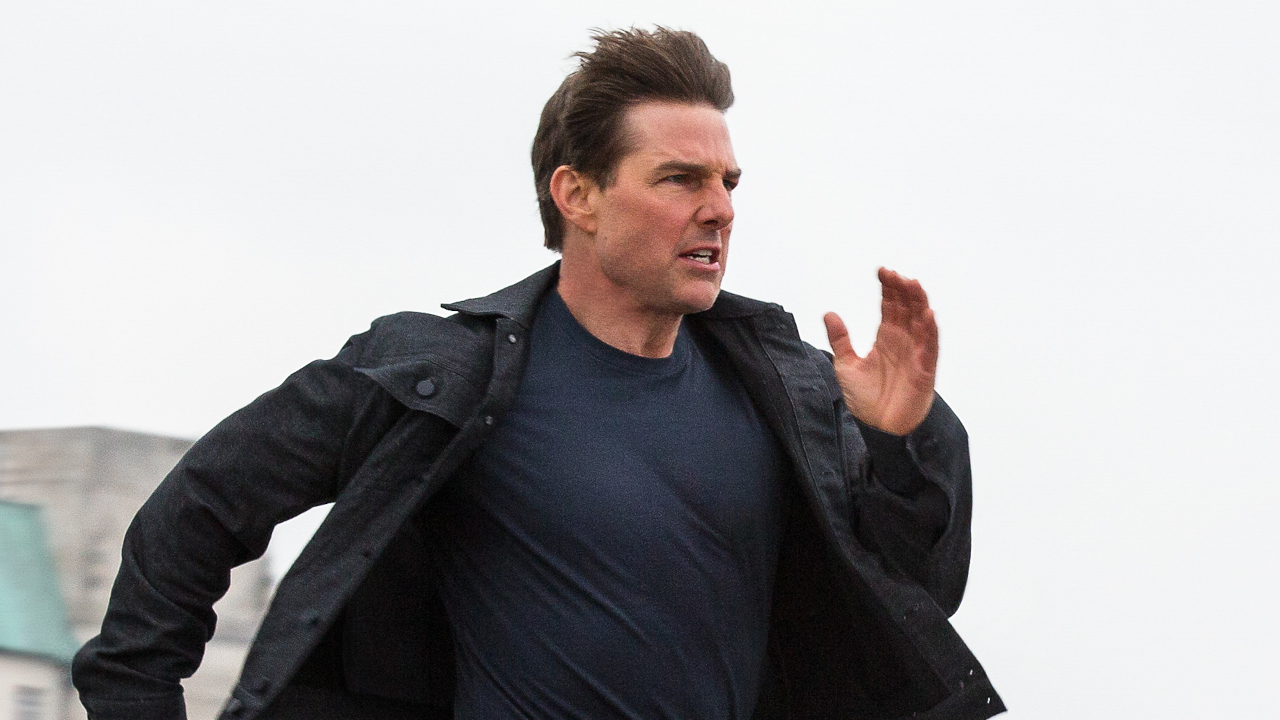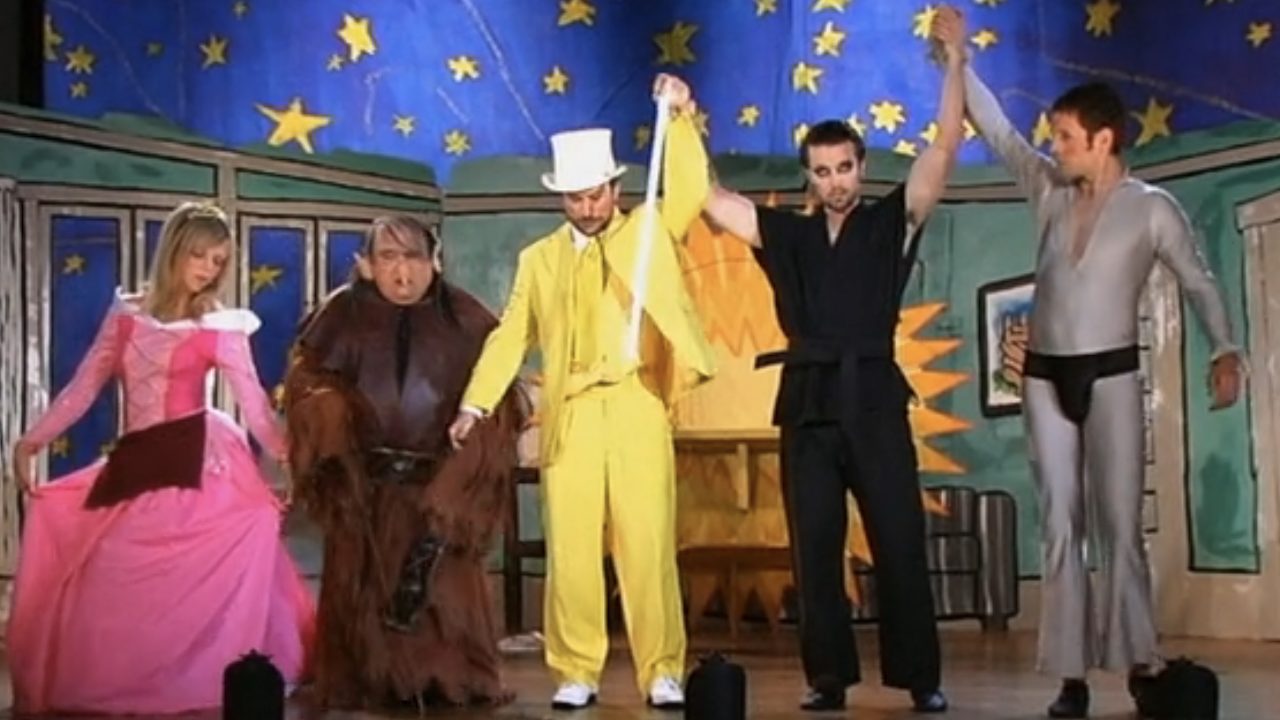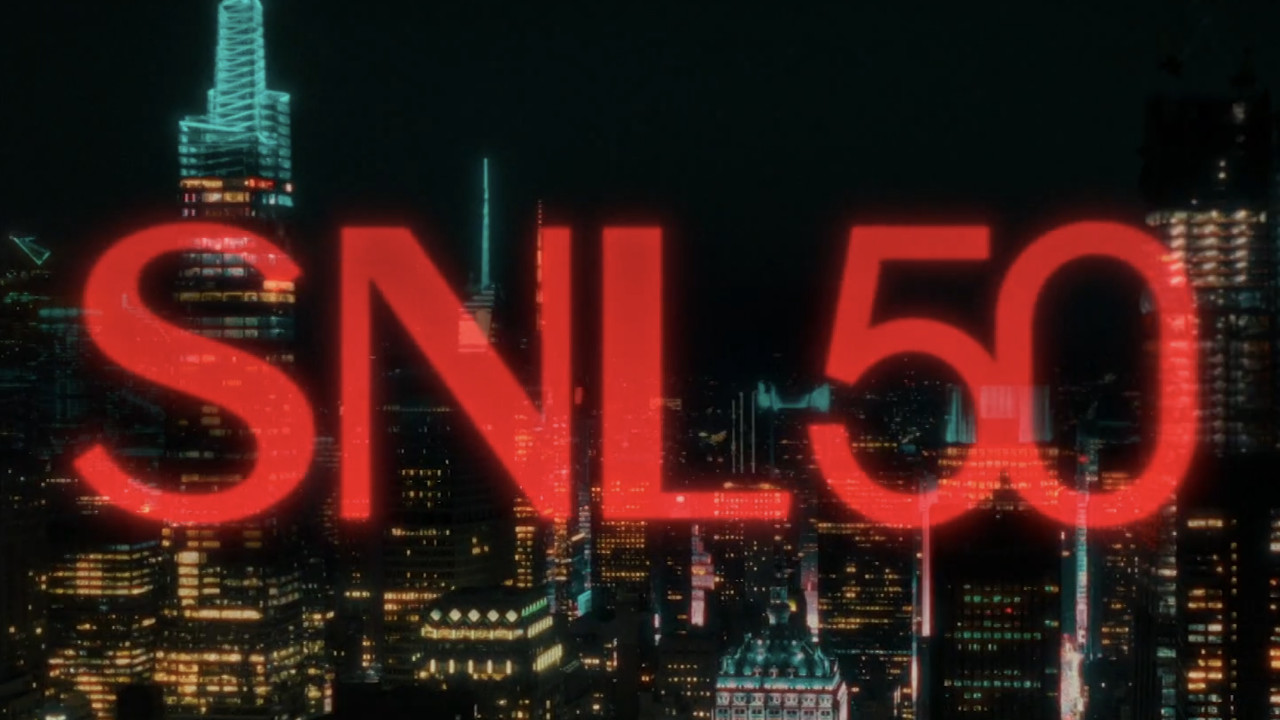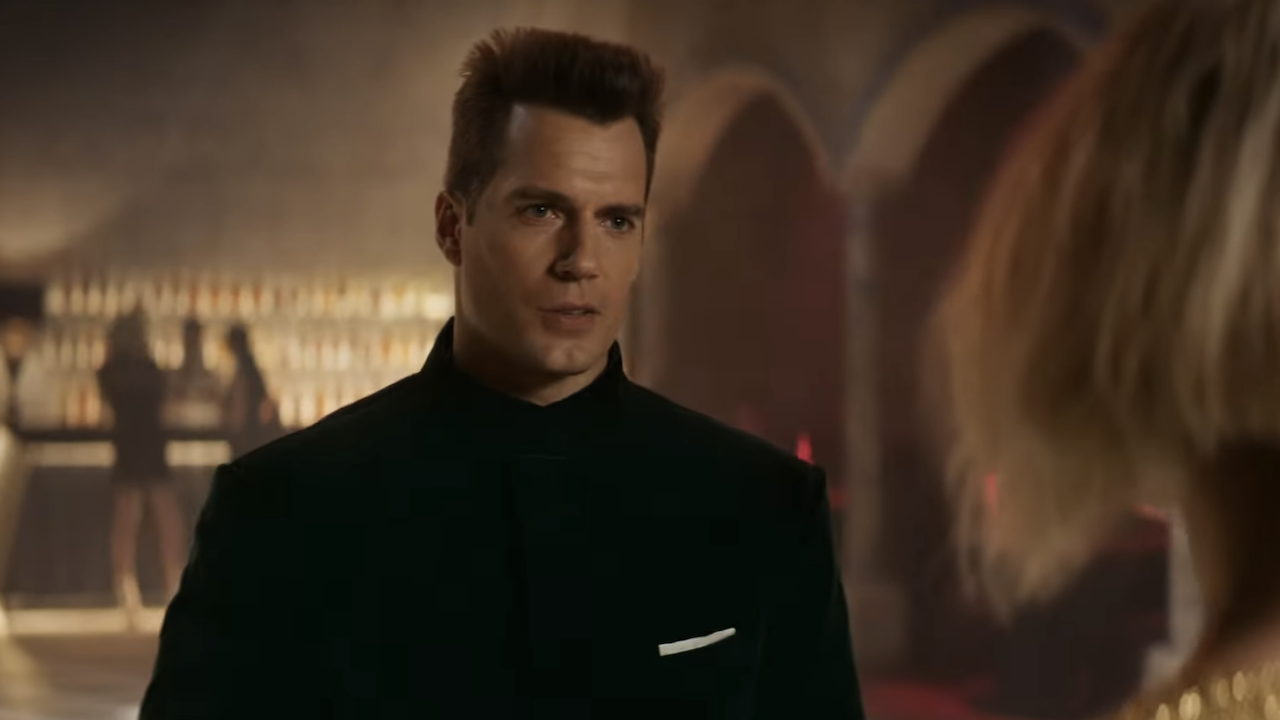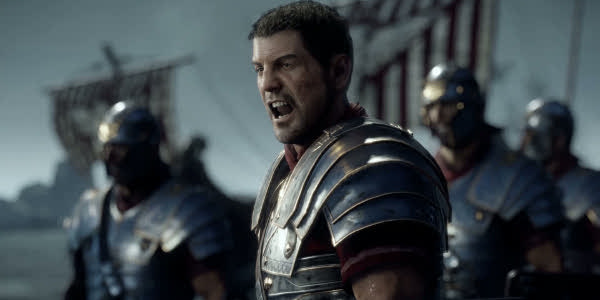
The United States government's Federal Trade Commission has ruled that YouTube network Machinima engaged in "deceptive advertising" of the Xbox One at the console's launch.
In late 2013, the FTC says, Microsoft paid Machinima to provide advertising for the Xbox One. Machinima agreed that they would induce their YouTube creators to produce positive videos about the console. They also promised that these videos would have a collective 19 million views.
Machinima had a two-phase plan for promoting the Xbox One. First, they paid five YouTube creators to produce two video reviews apiece about discussing what they like about the Xbox One and launch game Ryse. In both cases, the video had to paint Microsoft and its products in a positive light.
That part was fine by FTC standards. People shill for products all the time. What the agency didn't like, though, was that these YouTubers weren't allowed to say that these videos were paid promotions for the Xbox One. They agreed to keep their agreement with Machinima "confidential at all times in perpetuity."
As a result, video reviews by SkyVSGaming and TheSyndicateProject "appear to be independently produced" and don't disclose the fact that money changed hands. SkyVSGaming's Adam Dahlberg was paid $15,000 by Machinima for these two video reviews while Tom Cassell of TheSyndicateProject received $30,000.
In the second phase of Machinima, they offered bonuses to every YouTuber in their network to create positive Xbox One videos. These creators were paid $1 for every 1,000 views these videos received, up to a maximum of $25,000. Again, these video makers were forced to sign a confidentiality agreement. There was no way to tell it was a paid promotion aside from a cryptic “XB1M13” tag on each video. Machinima's YouTubers produced over 300 favorable videos about Microsoft and Xbox One between November 22 and December 31, 2013 and generated over 30 million views in the process.
The FTC says that Machinima's campaign was "false and misleading." It gave consumers the impression that these YouTubers were providing independent and impartial opinions about the Xbox One and its launch games.
CINEMABLEND NEWSLETTER
Your Daily Blend of Entertainment News
In today's press release, the FTC said that Machinima's punishment is to, um, not do that anymore:
The order settling the FTC’s charges prohibits Machinima from misrepresenting in any influencer campaign that the endorser is an independent user of the product or service being promoted. Among other things, it also requires the company to prominently disclose any material connection between the endorser and the advertiser, and prohibits Machinima from compensating any influencer who has not made the required disclosures. In addition, it requires the company to follow up within 90 days of the start of a campaign to ensure the disclosures are still being made.
The FTC, meanwhile, decided not to take action against Microsoft and Starcom MediaVest, the advertising agency who enlisted Machinima on their behalf. They said in a separate letter that the two companies "took swift action" to introduce disclosure to the videos after learning of the issue. Furthermore, Microsoft and Starcom have introduced "additional safeguards" such as requiring employees to monitor future campaigns like this in the future.
Still, it's hard to say that Microsoft escaped without punishment. When the campaign was first exposed at Xbox One's launch, it was a PR nightmare for them. They spent a bunch of money to get positive coverage but ended up getting heaps of negative coverage for free.
Staff Writer at CinemaBlend.
Some SNL Fans Are Worried About Colin Jost’s Future On The Show, And They Could Have A Point
I've Always Wondered What It Would Have Been Like If Steve Rogers And Isaiah Bradley Shared A Scene Together In The MCU. Turns Out, Carly Lumbly Has Thought About Talking To Cap, Too
I Finally Watched Mufasa, And I Think It Does This One Character's Story Really Well


